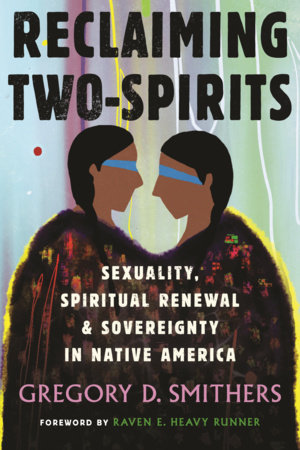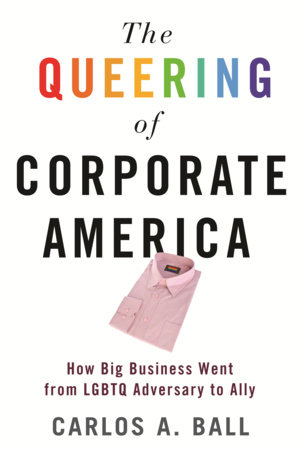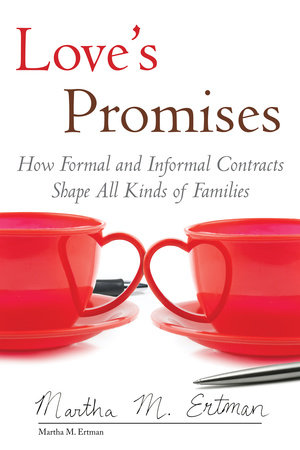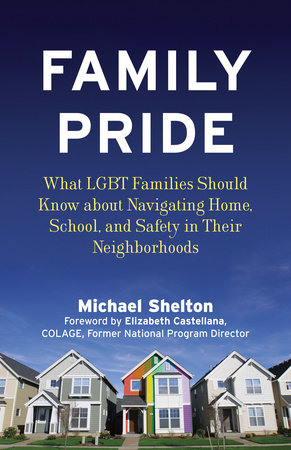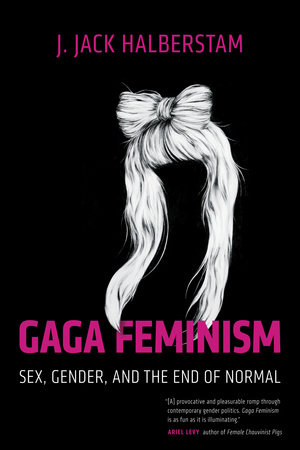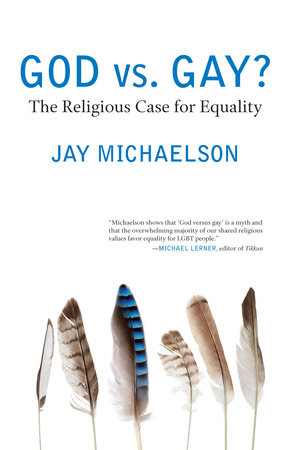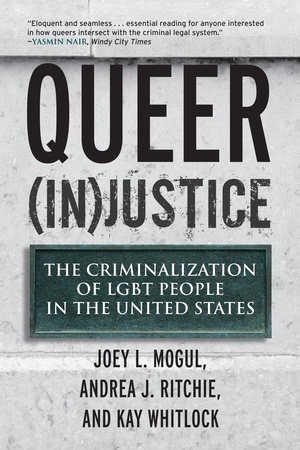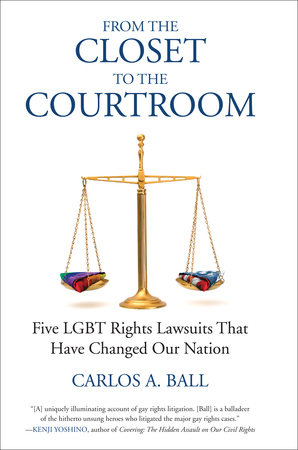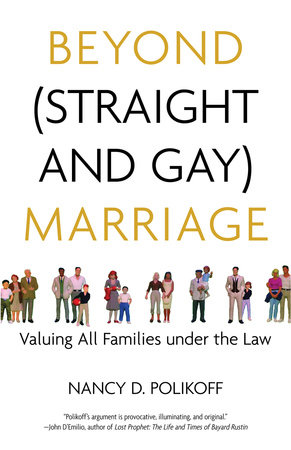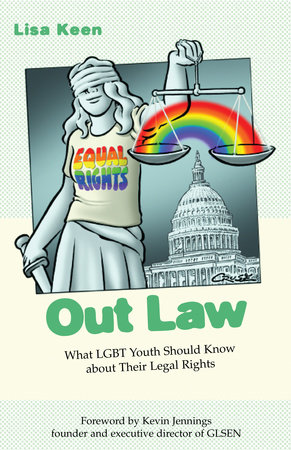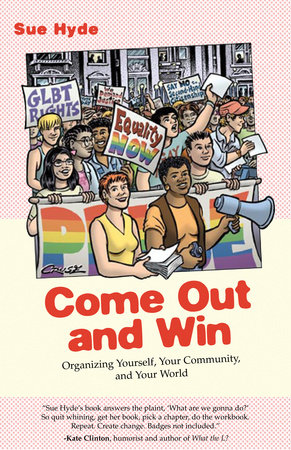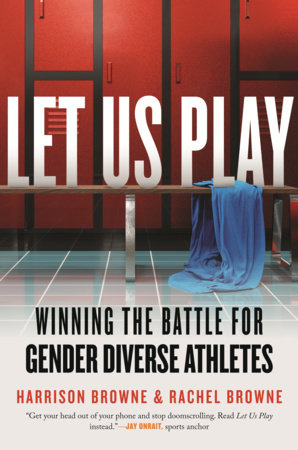

Popular

Visit other sites in the Penguin Random House Network
We, our affiliates, and our providers use cookies and similar technologies to understand how you use our site, optimize its functionality, to create more valuable experiences for you, to keep our site secure and functional, and deliver advertising and other content tailored to your interests. Read MoreBy clicking on I agree below, you consent to our use of cookies and similar technologies, as described in our Privacy Policy (see section "Other Information Collected Using Technology"). Please note that by declining cookies other than those essential to your use of our site, you may not be able to experience the site's full services and features.
We, our affiliates, and providers working on our behalf use cookies to analyze our websites, provide social sharing features, deliver content, and communicate with you to provide support. We also use cookies to deliver personalized ads and disclose information about your use of our site with our advertising providers for this purpose. View our Privacy Policy to learn more and manage your privacy choices.
